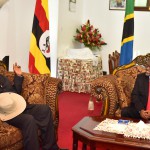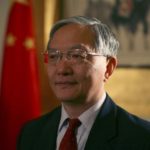Barely a day after South Sudan President Salva Kiir Mayardit appended his signature to a peace deal with the rebel faction of the Sudan Peoples Liberation Movement in Opposition (SPLM-IO), fighting has again reportedly erupted in several areas of Malakal in the Upper Nile region and in the oil-rich Unity State.
Much as this development is deplorable and deserves condemnation, the renewed fighting will not come as a surprise to many of the stakeholders including the US, which had warned Kiir against reservations he held while he dilly-dallied signing the pact that seemed to have had several ‘concessions’ favouring Riek Machar’s SPLM-IO. Indeed, the UN also seemed hard-pressed to believe that the signing was sustainable and a precursor to lasting peace in the world’s newest state, prompting a Fridaywarning to the belligerent parties, of an arms embargo should they fail to adhere to the terms of the peace pact.
That notwithstanding, it is important to note that the South Sudan conflict is a ‘high stakes game’ that encompasses several actors with different interests, that not even the threat of sanctions can deter the warring groups from attacking each other even as the ink on the peace pact has not seen the light of day.
So, against such a background, there is need for the international community to comprehensively revisit the nature of conflict in South Sudan so that an applicable solution can be put in place.
But while pursuing the revised definition, one factor that should be given due attention is ethnicity, as this seems to be one of major underlying problems that is curtailing meaningful dialogue between Kiir and Machar.
Indeed, the two major antagonists, who seemingly represent the Dinka and Luo Nuer interests, are apparently distrustful of each other and seem poised for a ‘supremacy battle’, with either tribesmen egging on their own to maintain or take the reins of government, respectively.
Against such a background, new methods of conflict resolution become an imperative.






